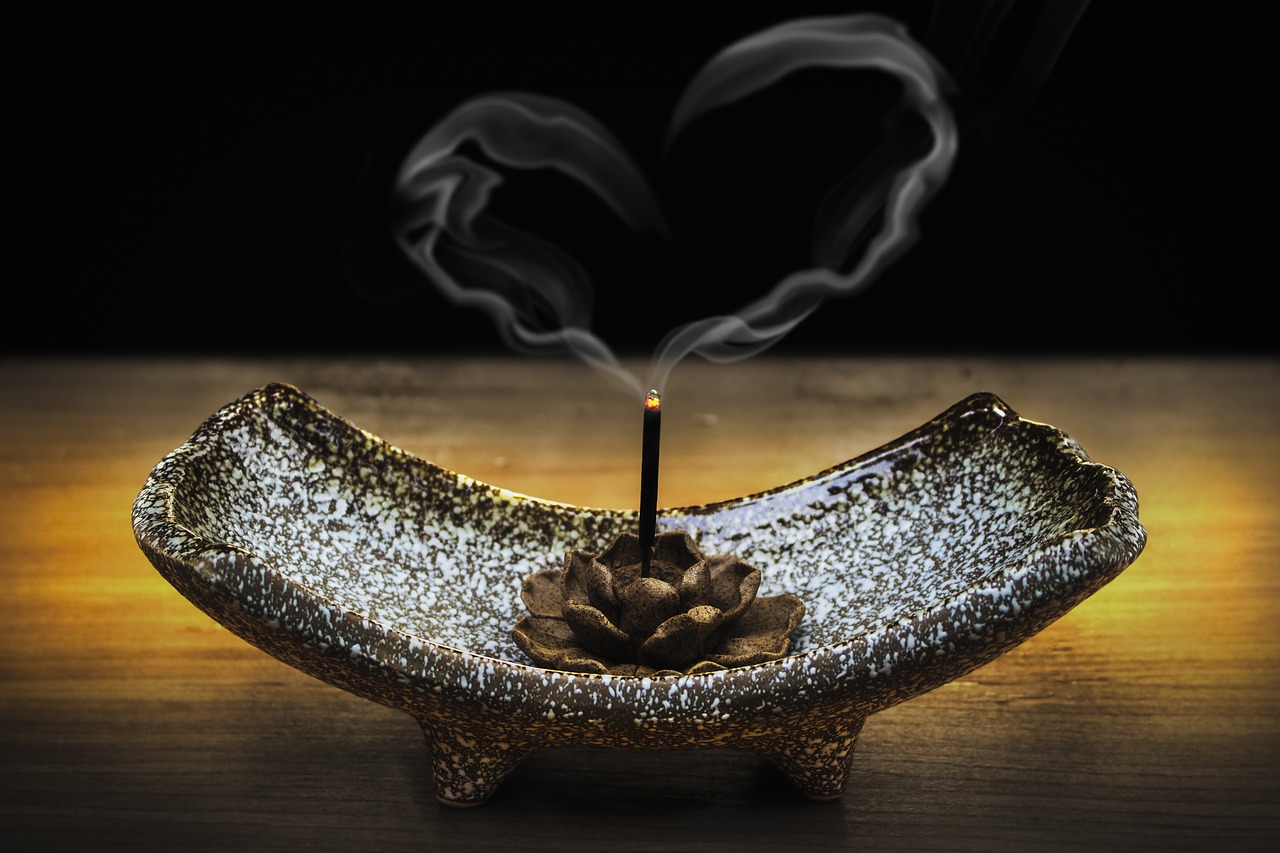Chocolates, flowers, cards…do we really need these things to feel loved? Don’t get me wrong, it feels great knowing you’re loved, but do we feel any better after blooms have wilted or we’ve put on weight? How about deepening a connection with everyone instead?
Consider the words of the Dalai Lama, who’s spent most of his life pondering this stuff:“No material object, however beautiful or valuable, can make us feel loved, because our deeper identity and true character lie in the subjective nature of the mind” (Link)
If love isn’t material what is it? And why does it matter? Let’s start with why it matters. According to the Dalai Lama, love is crucial because it under-pins the meaning of life:
“I believe that the purpose of life is to be happy…From my own limited experience I have found that the greatest degree of inner tranquillity comes from the development of love and compassion”
Pretty fundamental then, so if real love isn’t based on wanting or needing something from someone else, how do we define love? Renowned Zen Buddhist master and author of ‘True Love’, Thich Nhat Hanh says this of love:
In Buddhism the word love is linked to the Pali word metta, which is commonly translated as ‘loving kindness’. As Thich Nhat Hanh notes, you cannot love others until you love yourself, which raises another question; what does it mean to love yourself?
One of the first scientists to put the concept under a microscope was Kristin Neff, a psychology professor at the University of Texas. Kristin has created a self-compassion test and describes the notion as follows:
The obvious question then is how do we develop this self-compassion? Returning to Thich Nhat Hanh:
“In the Buddhist teaching, it’s clear that to love oneself is the foundation of the love of other people. Love is a practice. Love is truly a practice”
What he’s saying is that self-compassion can be developed through the practice of meditation and mindfulness. Most forms of meditation will help develop a perspective of yourself that is non-judgemental, kind, and understanding. All the attributes Kristin notes as important.
In Zen we give up on things that aren’t and develop a true sense of ourselves, beyond our own thoughts. We develop mindfulness and practise awareness and acceptance. But it doesn’t matter how much your read or talk about the theory, you have to do it. You have to meditate.
Practising self-acceptance can be as simple as sitting down each day and using your breath as an anchor for awareness. Just go easy on yourself, acknowledge what arises and let it go. Or you could try some dedicated metta meditation, imagining the compassion you might have for a wounded and helpless pet, extending that compassion to yourself and gradually giving it to friends, acquaintances and finally ‘enemies’.
Psychology researcher Cendri Hutcherson found that just seven minutes of metta or ‘loving-kindness’ meditation boosts a person’s own good feelings and sense of social connection. Other research has shown how regular meditation increases empathy and compassion for others.
If you do gift yourself loving meditation this Valentine’s day not only will you feel more kindness to yourself and better connected to others, you’ll also develop a positive perspective in a world obsessed with negatives. Wouldn’t that be a happier Valentine’s Day?
To take meditation further enroll in my 8-week practical Zen course. It’s online and live and priced at £90. All materials are provided and you’ll get as much of my time as you need.
Email me for more details…

